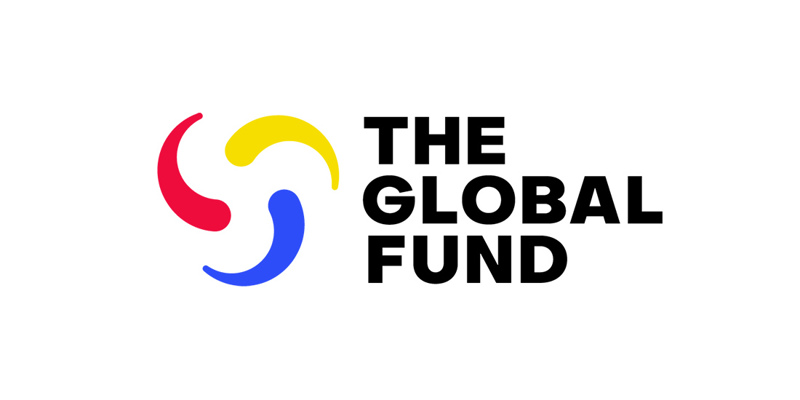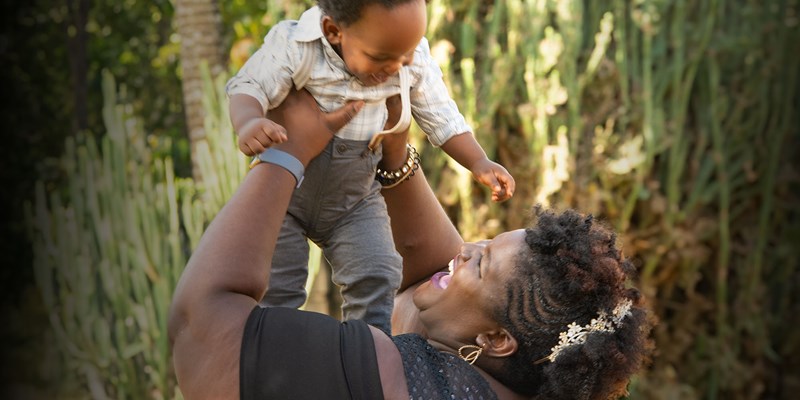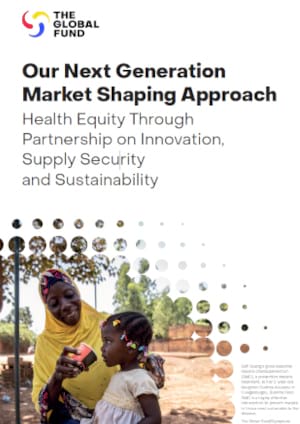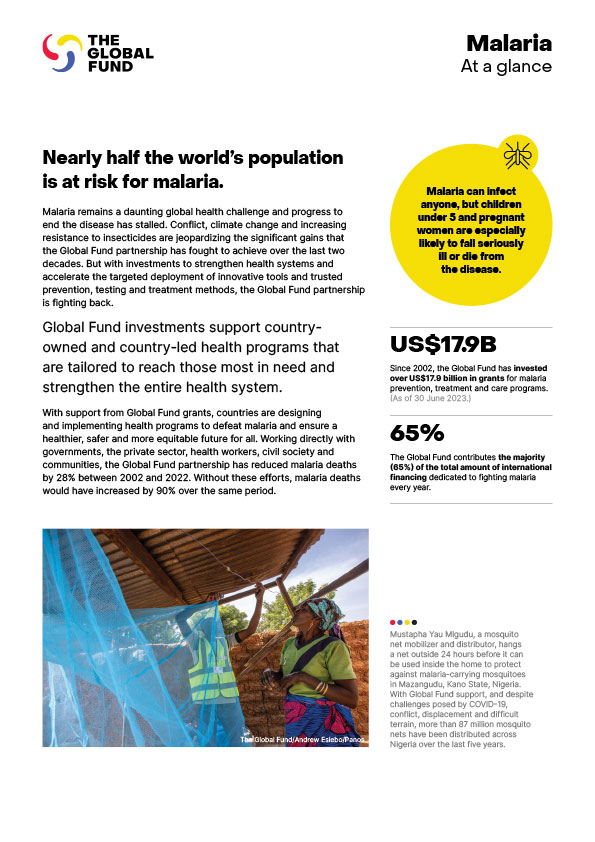As Progress Against HIV Slows, Global Fund Calls for Accelerated Investments in Innovations
29 July 2022
MONTREAL – The Global Fund to Fight AIDS, Tuberculosis and Malaria is deeply concerned about the slowdown of the global fight against HIV. A new UNAIDS report released this week at the International AIDS Conference in Montreal shows that progress against the disease has stalled. Globally, the number of new infections has flatlined at 1.5 million in 2021, the same figure as in 2020. 650,000 AIDS-related deaths were recorded in the year, showing that the AIDS epidemic took about one life every minute in 2021.
Having fought so hard to successfully turn the tide against AIDS, it would be a tragedy to let the gains slip. The Global Fund warmly welcomes new tools and innovations launched at the AIDS conference, which can help turn around and accelerate the fight against the HIV epidemic.
The first is the announcement on lowering the cost of HIV self-testing, making it much more affordable. A new partnership including MedAccess, the Clinton Health Access Initiative and Wondfo has agreed to make Wondfo’s HIV self-test available for US$1, making it the lowest priced WHO prequalified self-test for HIV on the market. WHO recommends HIV self-testing as a safe, accurate and effective way to reach people who may not otherwise test for the virus. Affordable HIV self-testing creates an opportunity and a safe space for people to learn their HIV status and is a crucial tool in helping reach global testing targets.
The second is the announcement of a new arrangement that will allow generic manufacturers to produce long-acting pre-exposure prophylaxis or PrEP, a highly effective medicine taken to prevent getting HIV. The Medicines Patent Pool and ViiV Healthcare signed a new licensing agreement that allows the generic manufacturing and distribution of the long-acting medicine called cabotegravir (CAB-LA), which is an injectable form of PrEP. This new tool will be pivotal in stepping up HIV prevention efforts for people at substantial risk of HIV infection.
“The Global Fund will invest in supporting these and other innovations that can allow us to restart and accelerate progress towards ending the HIV epidemic by 2030,” said Peter Sands, Executive Director of the Global Fund. “In our battle against HIV, we cannot let 20 years of progress be erased. We need a sustained movement of global solidarity and leadership to halt and reverse this trend of flatlining progress in reducing new infections and deaths from this disease every year. That means investing vigorously in fighting the disease across the world, reaching all people, whoever they are and wherever they live. To end HIV and other infectious diseases, we must invest strongly now, or we will pay forever.”
This September, U.S. President Joe Biden will host the Global Fund’s Seventh Replenishment with the aim of raising at least US$18 billion to fund the next three years of the Global Fund partnership’s activities.
“Success in raising those funds is a matter of life and death. With US$18 billion we could save at least 20 million lives over just three years and cut the annual death toll from HIV, TB and malaria by almost two-thirds,” said Sands. “We would also make everyone in the world safer from future infectious disease threats, by strengthening health and community systems and making them more inclusive and resilient.”
The world must now come together to fight for what counts. For children living with HIV. For young women and girls. For key populations. For every human being who continues to be affected by this preventable and treatable disease.







